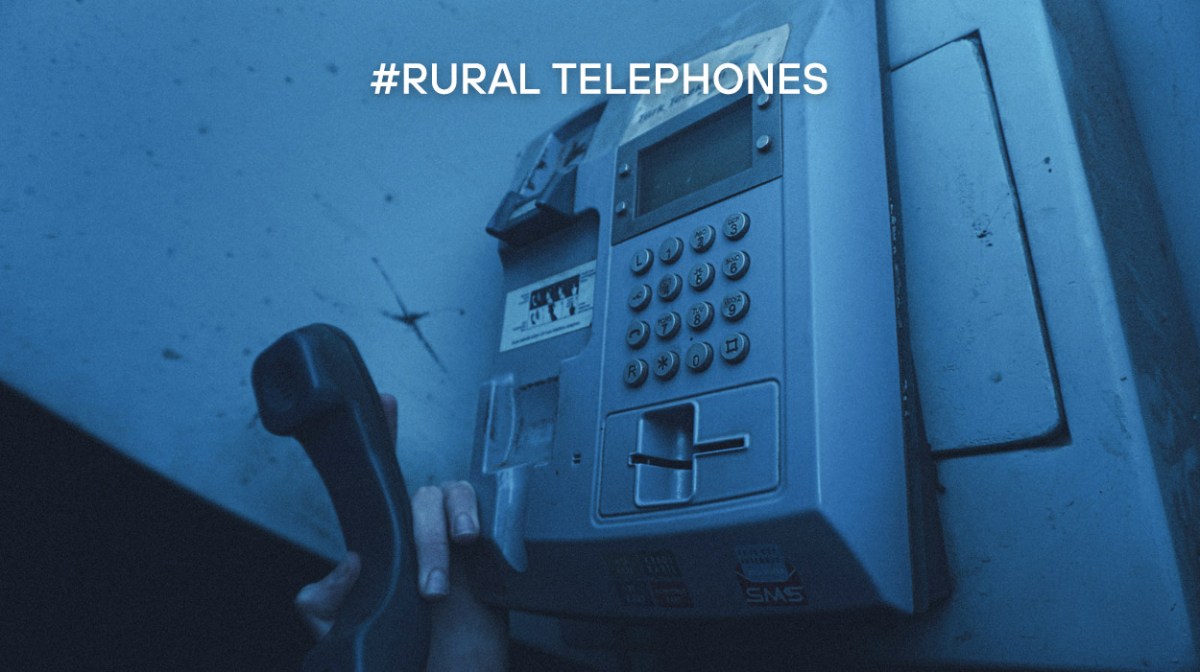What did the arrival of the landline telephone mean for rural areas?
A complete revolution. In the 1950s and 1960s, rural areas experienced an exodus of people to large cities and even to other countries. Communication between people was mainly by post. The telephone gave personality and feeling to those letters, through the voice.
What impact did its popularisation and presence in homes have?
It has been very positive, as it provided additional comfort and privacy compared to having to go to the house where the switchboard was located, or to the telephone booth in the best of cases, if there was one. It has also educated us and accustomed us to a form of communication with other people at a distance, which has been the precursor to what we now take for granted and have internalised in our daily lives.
What differences did mobile telephony bring to rural areas compared to fixed telephony?
Fixed telephony made us grow as a society. Mobile telephony freed us from the constraints of the cable. ‘The important thing is to be able to talk’ was the slogan of our now defunct MoviLine, although it did not include ‘from wherever you want’, which would have defined this perfectly. In addition, mobile telephony was the gateway to other services such as messaging (SMS), which did not exist at that time in fixed telephony, or internet connectivity, which came years later.
What parallels can be drawn with the development of new technologies?
I believe that both landline and mobile telephony are now one of the foundations of any new technology, just like electricity. Connectivity has become essential for any new service.
Which sectors can benefit most?
I believe that it is mainly the public who benefit most, although of course any company or public administration (mainly local councils) also benefits. But above all, it is the public.
In mobile telephony, a good example would be people who worked in the fields and were away from home for long periods of time. It was a real help, both for their regular communications and, for example, for reporting dangerous situations or communicating with emergency centres without having to return home.
In fixed telephony, an example could be elderly people living alone. With telephony, they had a way to stay in closer contact with their loved ones and even access other care services, such as telecare or remote monitoring.
